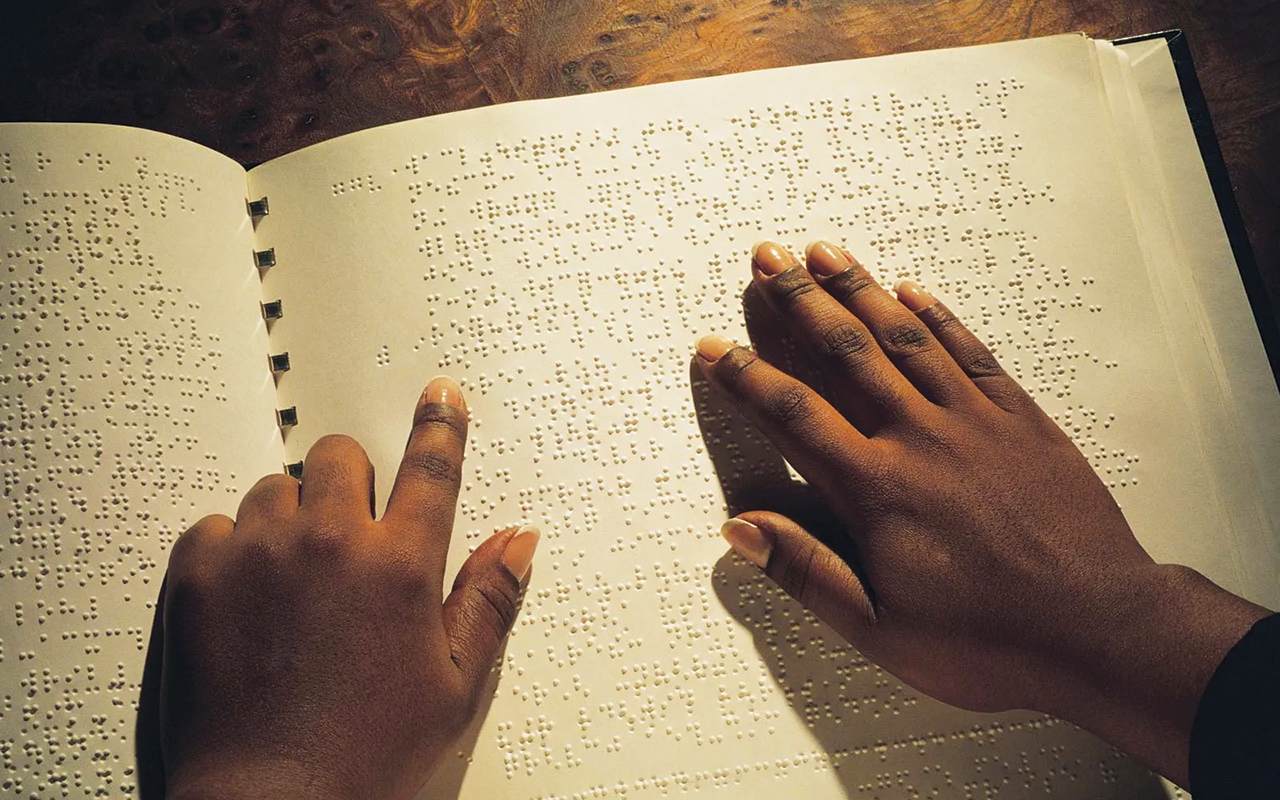
Christopher Okigbo, JP Clark, Wole Soyinka, Chinua Achebe, Demas Nwoko, Mabel Segun and a few others, pioneers of Nigeria’s literary and cultural landscape, cut their teeth under the tutelage of a German, Mr. Uli Beier, at Mbari Club back in the 1960s in Ibadan. The country was in ferment and nowhere else did this ferment show than in the literary and cultural fronts, with Mbari Club guiding and nurturing the emerging creative talents of the day. But the club soon went under in some legal dispute and these pioneers also left West Africa’s largest city, Ibadan.
Lagos soon beckoned as the commercial city, propelled by the oil boom of the 1970s. And Ibadan, Nigeria’s foremost literary and cultural city with its premier university soon fell into hard times.
But a revival of the lost creative ethos is on the way, modelled after Mbari Club, with the launch of Ibadan Literary Society (ILS) two weeks ago. Present were Ibadan literati and cultural icons – Emeritus Professor Ayo Banjo, Prof. Niyi Osundare, who is the inaugural chairman of ILS, Mr. Ben Tomoloju and the keynote speaker, publisher and bookseller, Mr. Kolade Mosuro among others.
In his keynote, Mr. Mosuro traced the history of books and printing, the role of both Islamic and Christian religion in bringing the written word to Africa, first by Islam through the desert with Timbuktu as educational and cultural capital and then Christianity from the sea and coast of West Africa through the Rivers Niger and Benue to the hinterlands.
Mosuro praised the role of Church Missionary Society (CMS), particularly its bookshop system, an active agent of spreading Christian books to every corner of the country. Mosuro stated that the CMS bookshop system gave birth to the bookshops in the country that are failing now, as they provided the zeal to read among the barely literate population, books in English and local languages. Mosuro also highlighted the active participation of government, particularly the Western Government, at the time in fostering and encouraging the people to be educated through driving the book and making a staple item.
Unlike now, Mosuro noted, “The Ministry of Education was not left out. It had a Literature Bureau. They produced the leading Journal at that time Odu and for the Primary schools they produced Awo Rerin, a journal we could not do without”.
While several hundreds and thousands of books were ordered back then, it is hardly the case these days in Nigeria as the book market has shrunk drastically. For Mosuro, Nigerians have allowed the book to be taken for granted, with disastrous consequences. As he noted, “Reading makes the book talk. Children in their innocence will call Grandpa or Grandma to read to them. “Grandpa, I would like the book to talk to me.” We must not take reading for granted. Unlike oral language, reading has got to be learnt”.
The speaker reminisced, with nostalgia, how reverently Nigerians of his early years held the book and consumed it with gusto as they found in it the door to a new world of possibilities. As he put it, “In this golden period, books and readers were at the heart of everything. Books were the University of all: books were being written, books were readily available, books were in use, books were affordable, books played a dominant role in our education, books also gained ground as recreational material. There was a general boom around books. There could only have been this boom because there was a growing reading public and there was a buying public as well as institutional players. A major institutional buyer was the library. There were public libraries supported by the city; there were state libraries and there were educational libraries embracing the primary, secondary schools as well as the universities. Many citizens in their growth received their education through libraries. Another group of citizens received theirs through correspondence courses.
“If I dwell more on books in this essay than people and growth, it is simply because behind every book is an author, and intelligence and a soul. So a book is inanimately animate. They are living souls. I also cannot hide from you that I personally have a romance with books because I have come to understand that it is actually a romance with people and language. They often say you are the food you eat, that much you can find in the skin. You are also the book you read, that much you will find in conduct”.
However, Mosuro, like others in the book chain, is grieved that the book no longer enjoys the pride of place, but the shameless lust for unworked-for wealth. “And now it has all snapped. The city has weakened and the university has failed to spur and the elite has been less than exemplary. A university that was once bedrock solid is now gasping for relevance. For all that you read in the newspapers or see on TV, when a book is launched, the print run is no more than a thousand or two. Only a very few exceptions make five thousand copies and above. When you recognize that there are 36 states in the country, a print run of 2000 amounts to 56 copies of a book per state. Hardly any impact on a city much less a state or the nation. That is the state in which we are. We are not reading enough yet we have to read to function effectively in the world”.
With the look of things, government appears the only hope of redemption from the book famine plaguing the land. And Mosuro agreed, adding, “Government will need to intervene in the recognition of our industry as a necessary cultural asset and offer it support for it to grow,” just as he sounded a note of caution so it doesn’t become yet another avenue for sleaze government has become known for.
In paying tribute to Emeritus Professor Femi Osofisan at a conference convened in his honour as he turned 70 last week, one of the conveners, culture advocate and former editor, The Guardian on Sunday, Mr. Jahman Anikulapo, noted that the “idea is to restore Ibadan as a city of the literati that Mbari Club established. Professor Niyi Osundare will chair it. Osofisan is the most influential of the literary and cultural movement in Ibadan and Nigeria. This was a dream that started here back in 1983 as a student at the University of Ibadan”.
While accepting to serve as its inaugural chairman, Osundare asked, “Why Ibadan Literary Society? Jahman is a mind of ideas; he’s been talking about the society for some years now. He wants the world to know more about Ibadan, what this city has come to mean for African arts. What we study today or what became important in African literature either came from here or was inspired here. Mbari was formed through this kind of ferment. No major African writer passed through Nigeria without visiting Mbari. Ibadan Literary Society will not only reinvent the literary wheel, but empower it, and I beckon on you all to be part to it.
“Our country used to be better; it could still be better. The idea is coming late but it’s still all right. This is a dream that must not be allowed to die. Ibadan is a great city. My mother used to pray for two towns – Ikerre and Ibadan! What makes Ibadan so important is that it is so fertile and friendly. Politicians divide our country, but culture has no boundary. Let other such societies emerge in all the cities – Enugu, Abuja, Umuahia, Benin City. I feel flattered to be its inaugural chairman. We must all chip in money and ideas so it does not die. ILS is a thing for the future; we must engage all the upcoming writers, including high school students. Ibadan symbolizes so much for us in Africa”.
Also, editor of Ibadan Literary Journal (ILJ), an arm of ILS, Mr. Ben Tomoloju, traced what he knew of Mbari Club from his encounters with Osofisan, literally an Ibadan boy, who Tomoloju said used to bring Mbari publications to his Christ College while he was a pupil. According to him, “There something significant about the resuscitation of Ibadan cultural life pioneered by Mbari.
If you started in the arts, it should stay with you for life. Ibadan Literary Journal will be a multi-media journal; ILJ will enact what the dreams of those were in The Guardian’s interventions in the literary landscape. We’re going to visit new voices in Nigerian literature. We will not wait for Europe or the U.S. to discover our writers for us. Ben Okri and Helon Habila started here before we exported them abroad. ILJ will not be a provincial journal but a cosmopolitan one. We will not forget our children; we want to make them better”.






